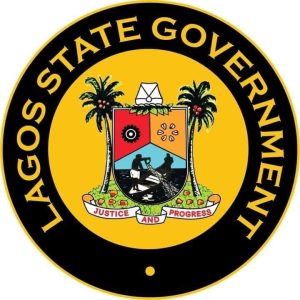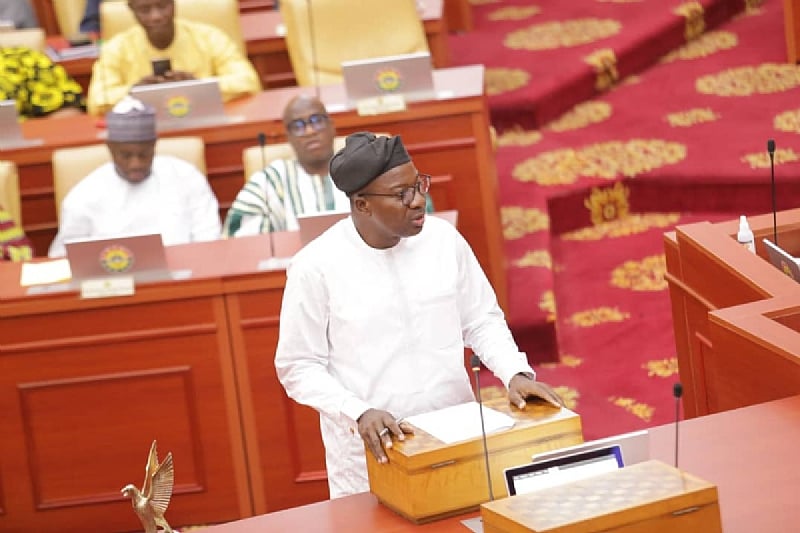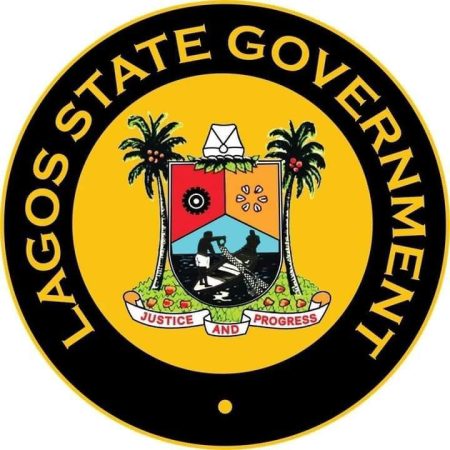The reversal of appointments made after December 7, 2024, by the Mahama administration has ignited a fiery debate within Ghana’s political landscape. Majority Leader Mahama Ayariga has vehemently defended the government’s decision, asserting that the move is essential to restore accountability and fairness to public sector recruitment processes. He argues that these late-stage appointments, made by the previous administration, were often politically motivated, lacking transparency and potentially undermining the integrity of the public sector. Ayariga insists that the government issued repeated warnings against such last-minute recruitments, yet these cautions were disregarded, leaving the current administration with no option but to reverse the appointments.
Ayariga’s pronouncements underscore the government’s commitment to dismantling what they perceive as a system of patronage within the public sector. He contends that these last-minute appointments were not based on merit or the needs of the public service, but rather served as political favors, potentially burdening the state with unnecessary personnel and compromising the efficiency of government operations. The Majority Leader’s unwavering stance reflects the government’s determination to address what they see as a systemic issue, ensuring that future recruitments adhere to principles of fairness and transparency.
However, this policy of reversing appointments has drawn sharp criticism from various quarters. Opponents argue that the move infringes upon the rights of those affected, individuals who may have legitimately applied and qualified for the positions. They claim that the government’s actions create a climate of uncertainty and instability for public sector employees, potentially discouraging qualified individuals from seeking government jobs. Critics also raise concerns about the potential for political vendetta, suggesting that the reversals may be driven by partisan motives rather than genuine concerns about transparency and accountability.
The debate surrounding these reversed appointments highlights a deeper tension within Ghana’s political system. On one hand, the government emphasizes the need for a meritocratic and transparent public sector, free from political interference and patronage. On the other hand, critics express concerns about due process and the potential for abuse of power, arguing that the government’s actions may create more problems than they solve. The clashing perspectives reflect fundamental disagreements about the appropriate role of government in managing public sector employment and the balance between political expediency and individual rights.
The controversy also raises questions about the long-term implications of such policies for Ghana’s governance. Will the reversal of appointments deter future administrations from engaging in last-minute recruitments, or will it simply lead to more clandestine methods of patronage? Will the emphasis on transparency and accountability ultimately strengthen the public sector, or will it create a chilling effect, discouraging qualified individuals from pursuing government careers? The answers to these questions will likely shape the future of public sector employment in Ghana and have broader implications for the country’s political and economic development.
Ultimately, the debate over the reversed appointments represents a microcosm of the larger challenges facing Ghana’s democracy. It underscores the ongoing struggle to balance competing interests, ensure fairness and transparency in government operations, and uphold the rights of all citizens. The outcome of this debate will not only affect the individuals directly involved but also set a precedent for future government actions and shape the evolving relationship between the state and its citizens. The challenge for Ghana is to find a path forward that both strengthens its democratic institutions and protects the rights of its people, ensuring a future where public sector employment is based on merit, not political favor.













